Analysis of Aristotle's Ethical Theory: Philosophy 100 Assignment
VerifiedAdded on 2022/08/17
|5
|975
|15
Essay
AI Summary
This essay, written for a Philosophy 100 course, critically examines Aristotle's ethical theory, specifically focusing on its practical guidance for human conduct. The author agrees with the claim that Aristotle's virtue ethics, while emphasizing virtues, fails to provide clear and concrete guidance for ethical decision-making in various moral dilemmas. The essay supports this position by arguing that the theory's agent-centered and culturally relative nature does not offer a universal framework for actions. The author references several scholarly sources to support the arguments, concluding that Aristotle's ethical framework lacks the necessary elements for practical application, particularly when facing complex ethical situations, and ultimately, does not sufficiently provide guidance to humankind. The essay also discusses the importance of acquiring habits and skills which will enable human being to put their general understanding of thorough will be practice in the ways which is suitable for each and every occasion.
1 out of 5
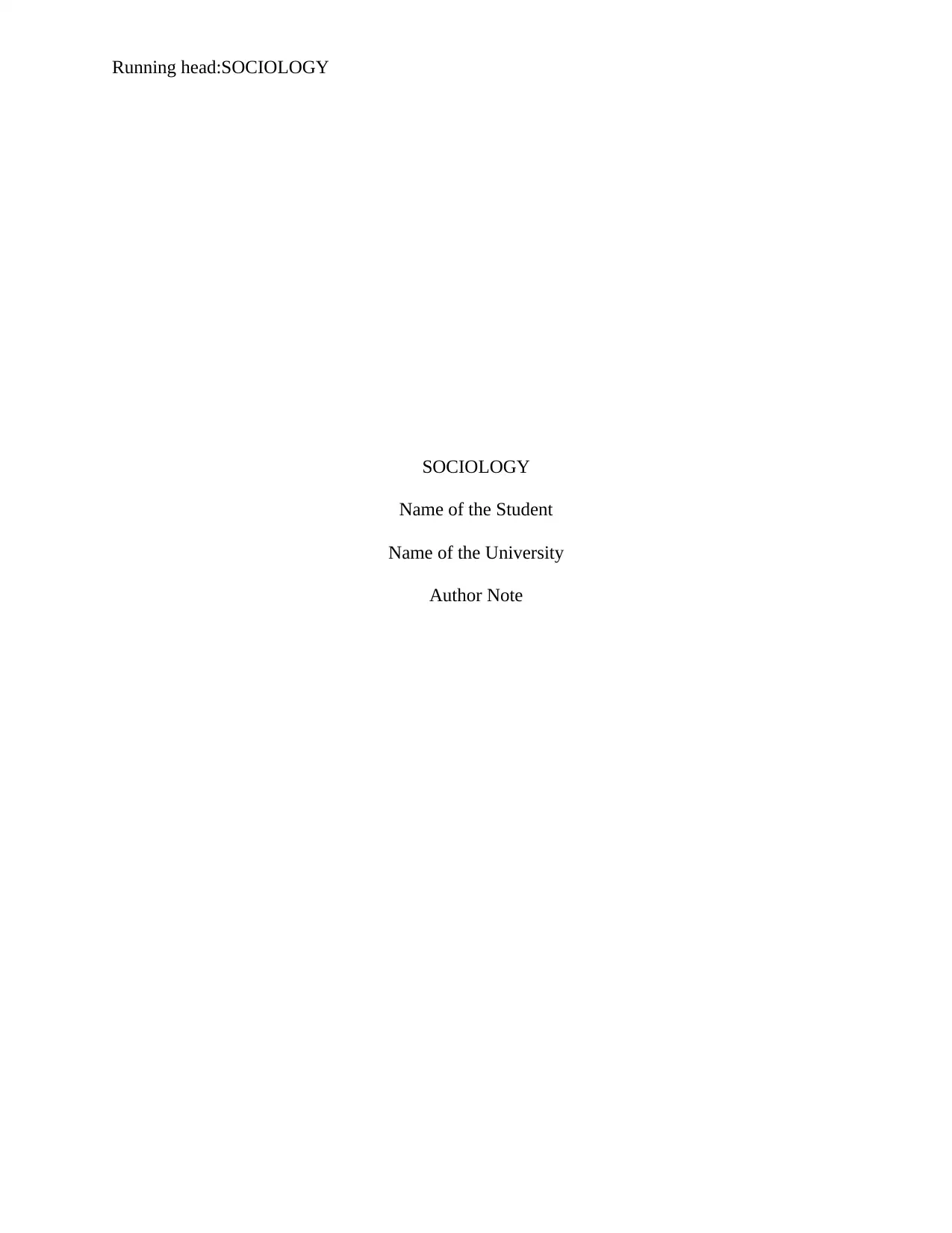
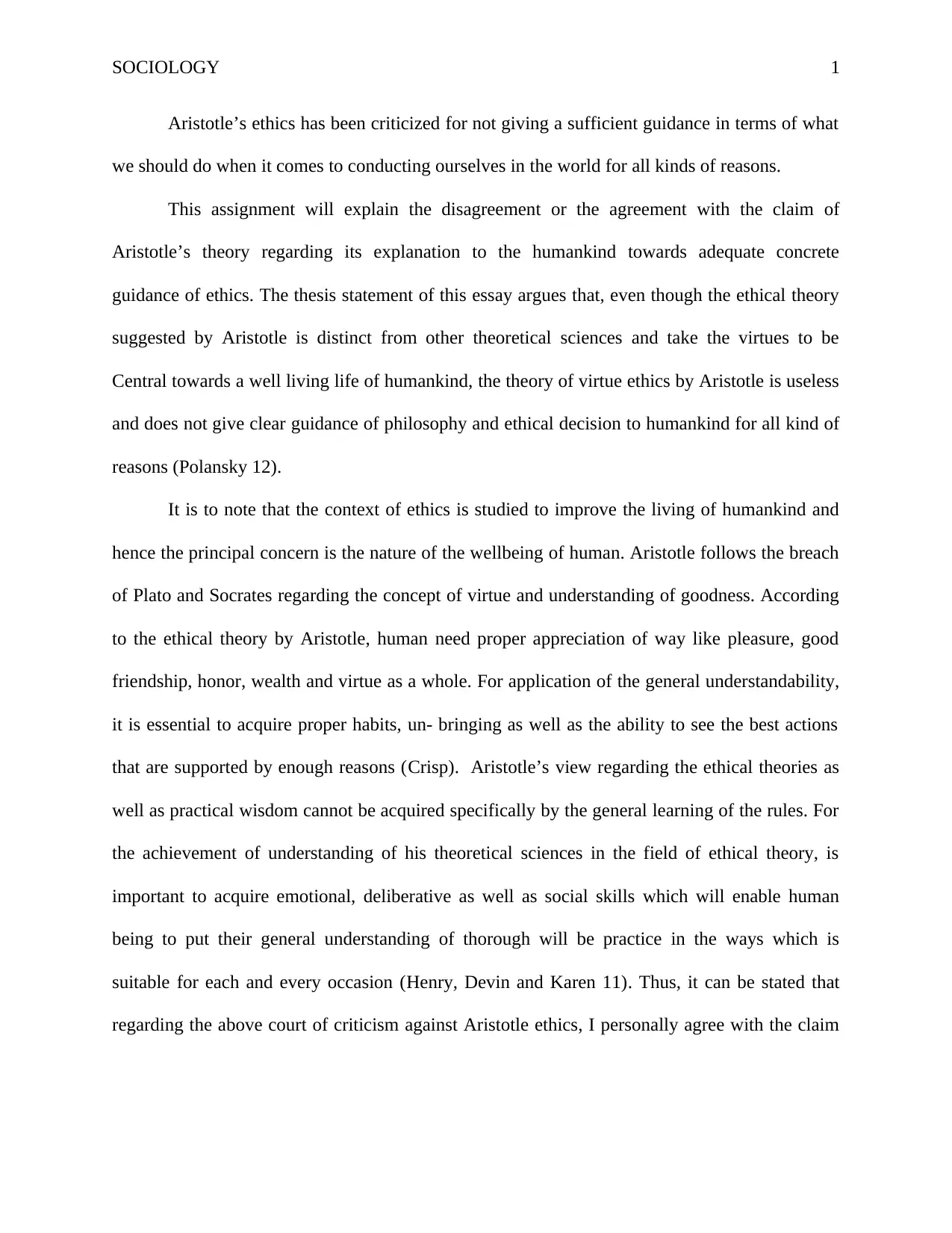
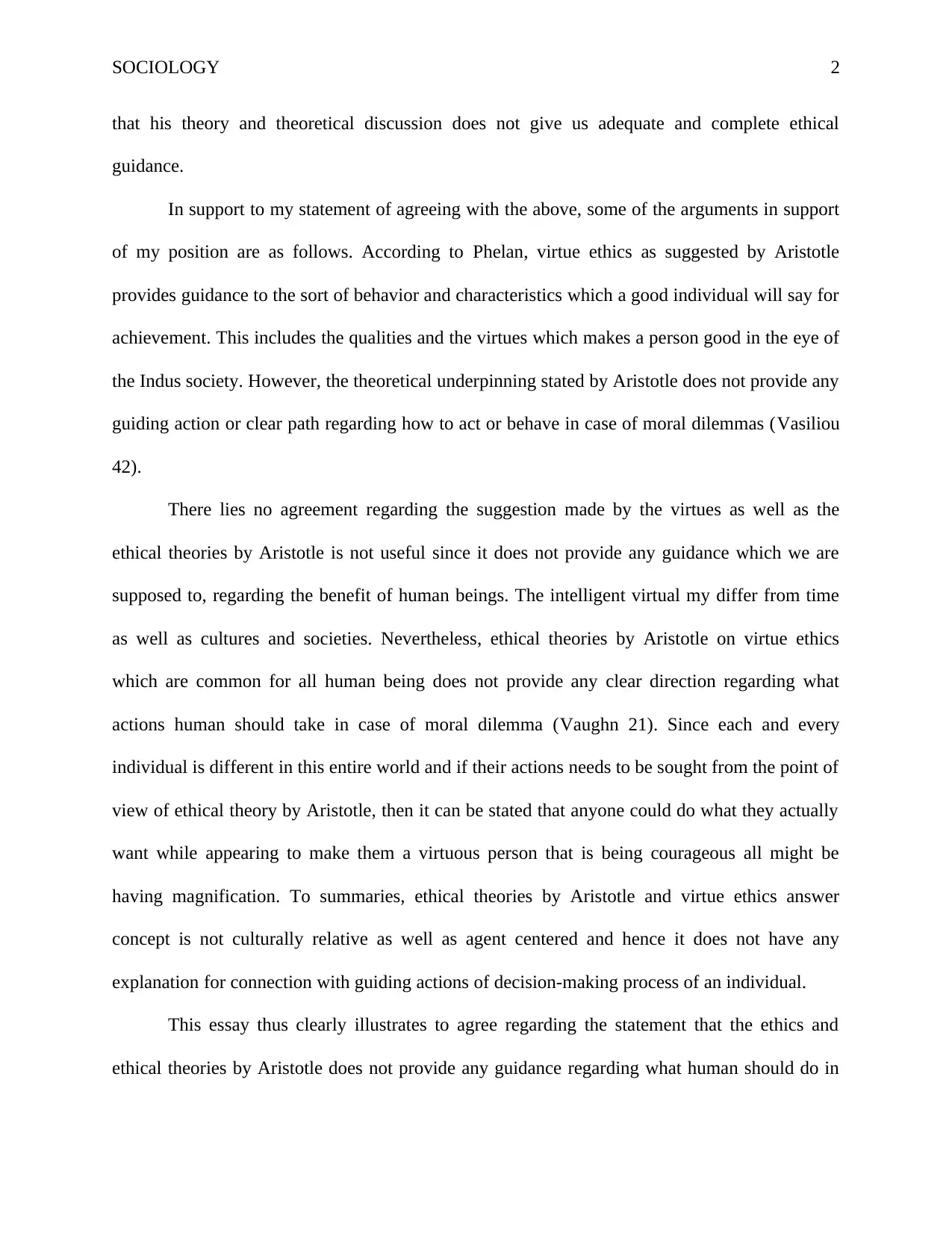

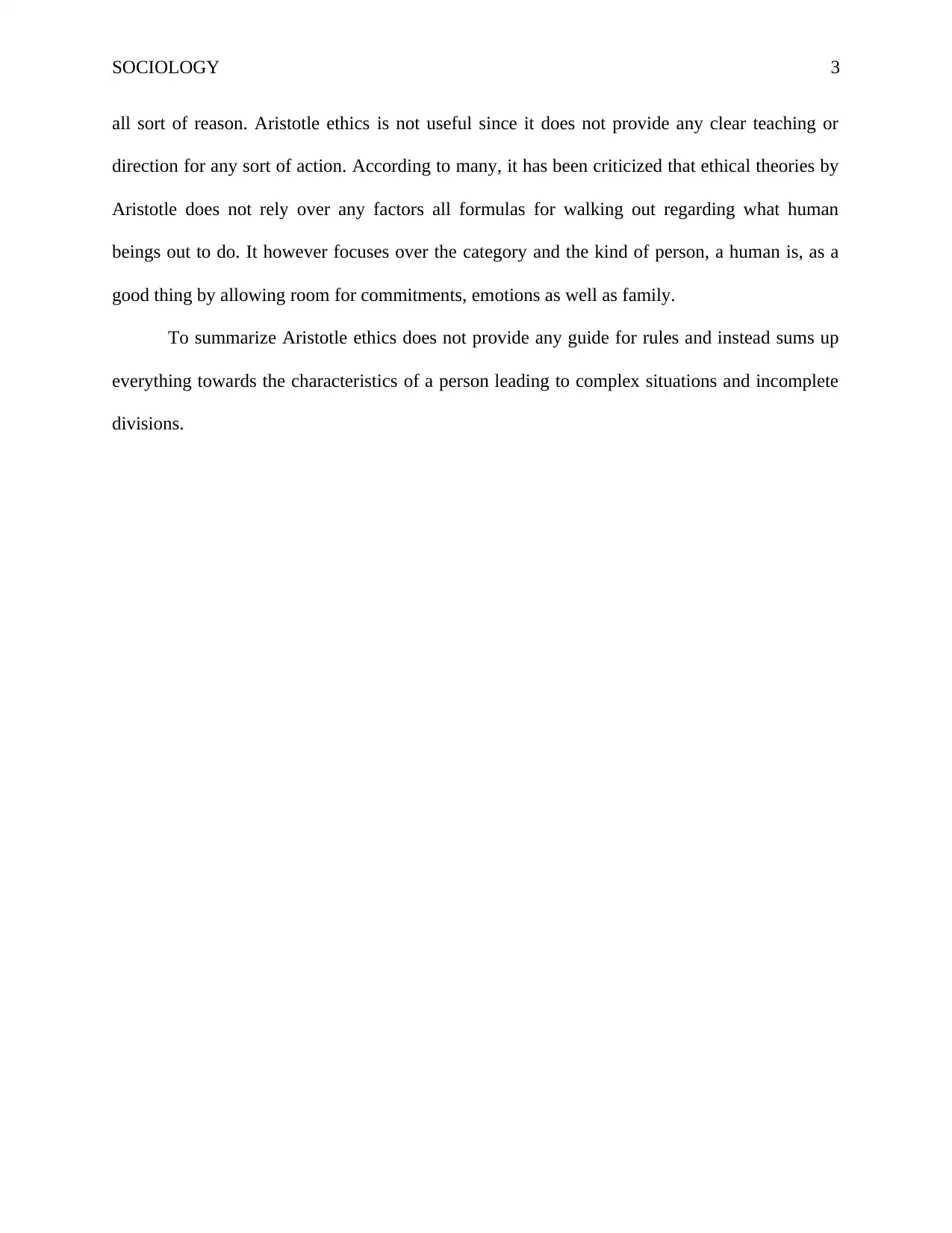
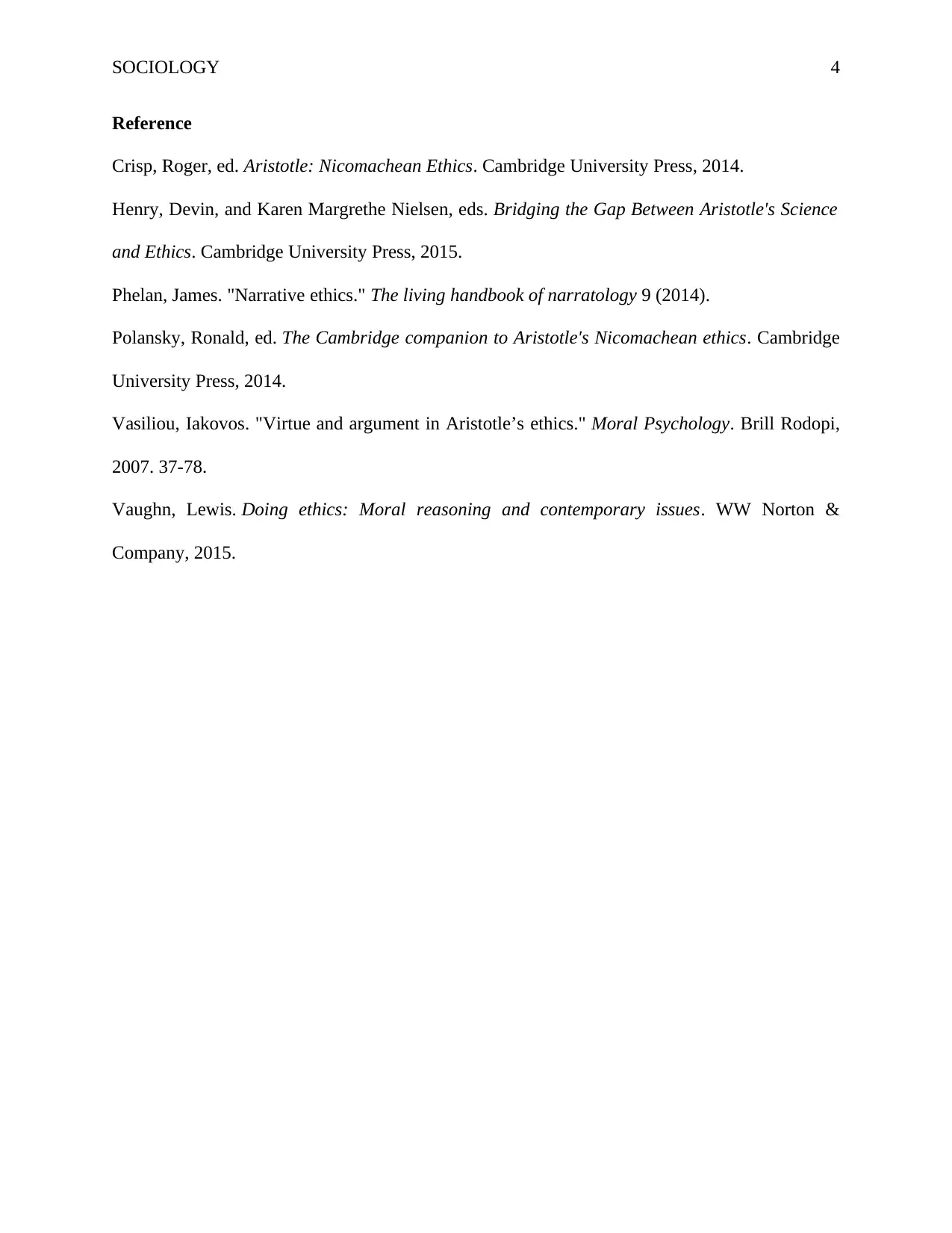




![[object Object]](/_next/static/media/star-bottom.7253800d.svg)